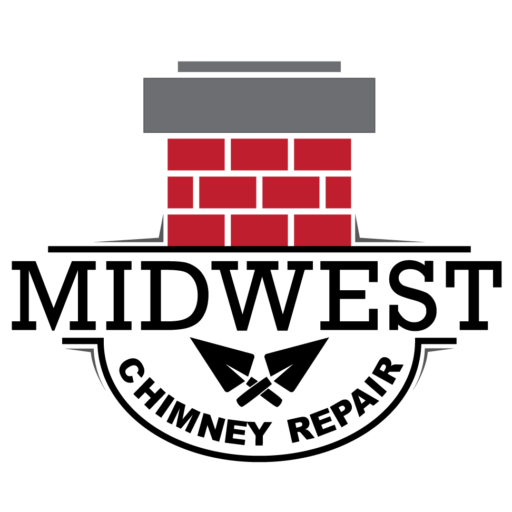How to Spot a Leaking Chimney?
If your chimney has been hit by a tornado or lightning, the damage is usually obvious. However, identifying leaks isn’t always as clear-cut. Even a minor crack could result in a leaking chimney, which can lead to water damage and other issues in your house. Your neighborhood chimney sweep can assist in locating leaks within your fireplace setup.
First, watch this video and then read below to learn about the most common ways to know your chimney is leaking. Certain issues you find in your house may alert you to the roof/water leaking problem, but you must know what to look for!
1. Missing Chimney Cap
The most obvious reason for leaks is rain water falling straight down the chimneys flue because the top is lacking a proper crown and cap. When rain is allowed to drain into the firebox, condensation problems start to develop.
2. Water Dripping Into Fireplace
There are many reasons for a damp fireplace. A full inspection of the system is necessary to determine the source of the leak and how to best solve the problem.
3. Wall or Ceiling Stains
A water stain on your ceiling is preventable damage often caused by a leaky chimney. Peeling wallpaper is also a sign of a leak. If you notice this level of damage, you’ve got a bad leak and need to call your local chimney sweep for help.
4. Musty Smell After Heavy Rain
If you have a fireplace and the room smells musty, like mold or mildew, then it’s likely your chimney is leaking.
5. Cracked Chimney Crown
It’s often hard to know there’s a crack in your chimney tops crown unless you can see it. This is why we recommend having a Certified Sweep out annually to seal cracks before water entry starts!
6. Damaged or Spalling Brickwork
Eventually all masonry chimney start to crack, especially when regular maintenance is neglected. If you have an old masonry chimney and notice brick falling off, then it’s likely leaks have already started.
7. Deteriorated Mortar Joints
Brick masonry chimneys crack and the mortar joints start to deteriorate. When bricks lack proper mortar, rain water, snow, and other bad weather can start to eat away at the brickwork from inside and out, causing the bricks to crumble over time.
